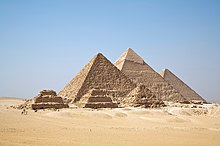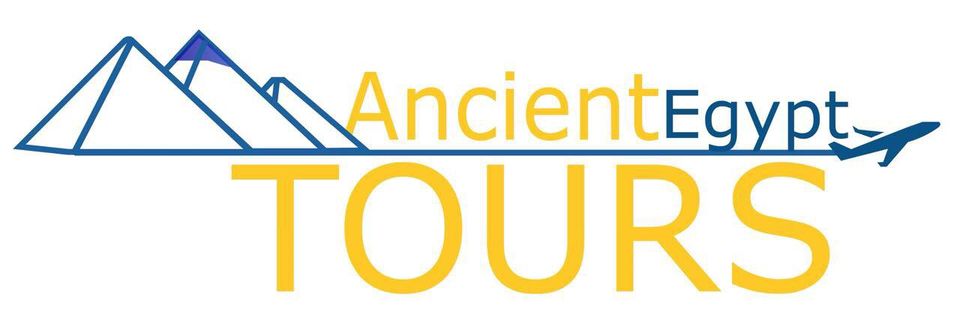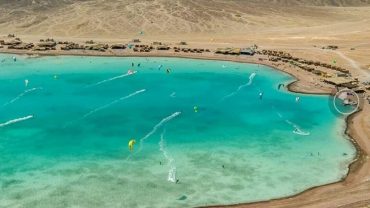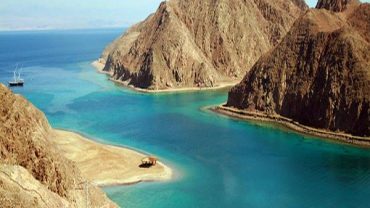About Egypt
Egypt (Arabic: مصر Miṣr, Egyptian Arabic pronunciation:masr), officially the Arab Republic of Egypt, is a transcontinental country spanning the northeast corner of Africa and southest corner of Aisa via a land bridge the Sinai Peninsula formed it . The Mediterranean sea to the north borderesit, the Gaza Strip of Palestine to the northeast, the Red Sea to the east, Sudan to the south, and Libya to the west. The Gulf of Aqaba in the northeast separates it from Jordan and Saudi Arabia. Cairo is the capital and largest city of Egypt, while Alexandria, the second-largest city, is an important industrial and tourist hub at the Mediterranean coast. At approximately 100 million inhabitants, Egypt is the 14th most populated country in the world, and the third most populated in Africa, behind Nigeria and Ethiopia.
Prehistory and Ancient Egypt
There is evidence of rock carvings along the Nile terraces and in desert oases. In the 10th millennium BCE, a culture of hunter gatherers and fishers was replaced by a grain-grinding culture. Climate changes or overgrazing around 8000 BCE began to desiccate the pastoral lands of Egypt, forming the Sahara. Early tribal peoples migrated to the Nile River where they developed a settled agricultural economy and more centralised society.
By about 6000 BCE, a Neolithic culture took root in the Nile Valley. During the Neolithic era, several predynastic cultures developed independently in Upper and Lower Egypt. The Badarian culture and the successor Naqada series are generally regarded as precursors to dynastic Egypt. The earliest known Lower Egyptian site, Merimda, predates the Badarian by about seven hundred years. Contemporaneous Lower Egyptian communities coexisted with their southern counterparts for more than two thousand years. Remaining culturally distinct, but maintaining frequent contact through trade. The earliest known evidence of Egyptian hieroglyphic inscriptions appeared during the predynastic period on Naqada III pottery vessels, dated to about 3200 BCE.

A unified kingdom was founded c. 3150 BCE by King Menes, leading to a seiries of dynasties that ruled Egypt for the next three millennia. Egyptian culture flourished during this long period and remained distinctively Egyptian in its religin, arts, language and customs. The first two ruling dynasties of a unified Egypt set the stage for the Old Kingdom period, c. 2700–2200 BCE, which constructed many pyramids, most notably the third Dynasty pyramid of Djoser and the Fourth Dynasty Giza pyramids.




Comment (0)